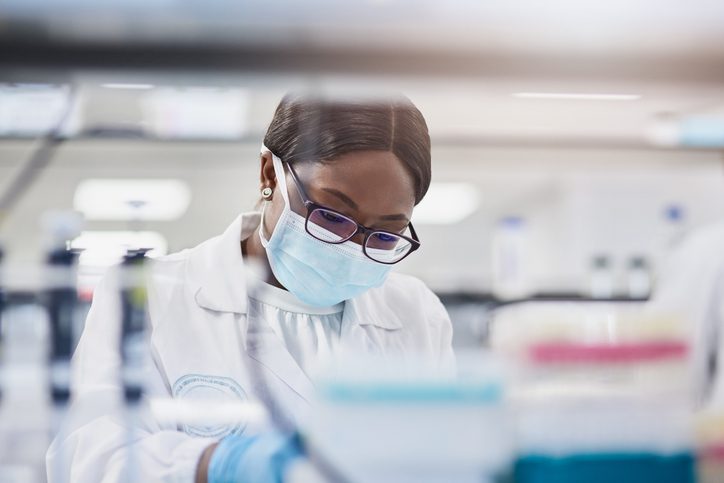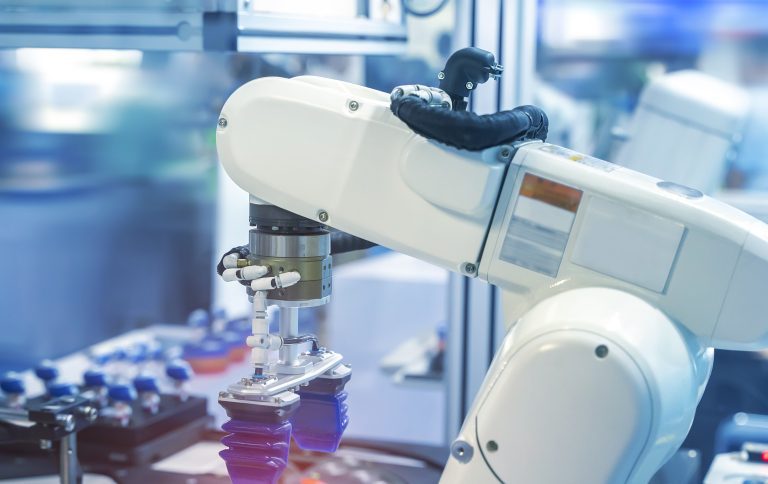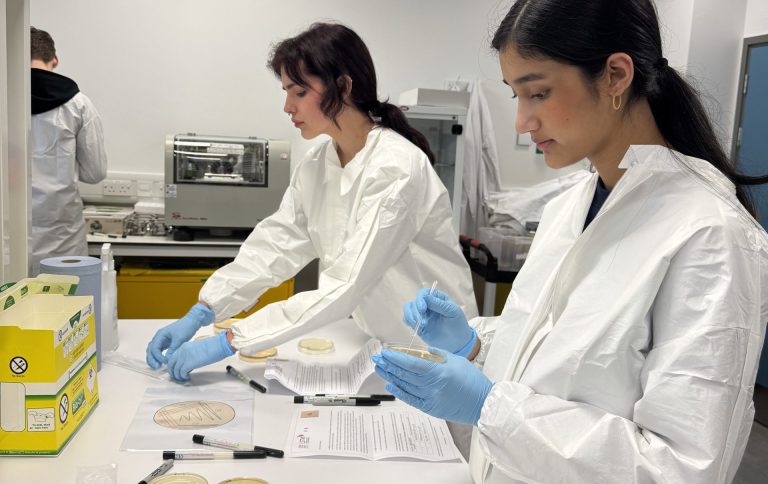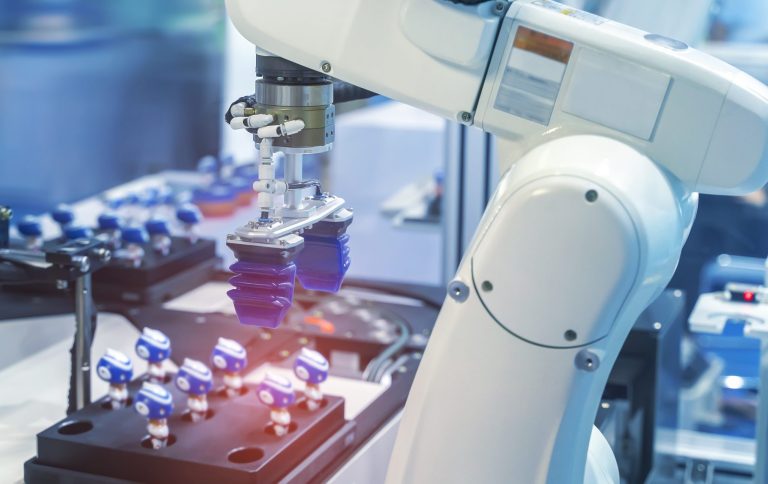- Find our latest Case Studies
- Our Platforms
Working together to combat Antimicrobial Resistance (AMR)

As we mark World AMR Awareness Week this November, the need for collaborative innovation to tackle this burgeoning crisis is clear.
Professor Janet Hemingway, iiCON founding Director
Indeed, the theme of this year’s campaign “Preventing Antimicrobial Resistance Together” highlights the importance of collaboration and knowledge pooling in the face of this shared global threat.
Although it is a burgeoning threat, antimicrobial resistance (AMR) is a global health crisis now. The World Health Organisation (WHO) attributes almost 5 million deaths annually to bacterial infections. Annual loss of life globally is expected to reach 10 million deaths by 2050, with an estimated economic cost of $100 trillion.
This global impact, coupled with the poor state of research and development investment into new antimicrobials, has led the WHO to designate AMR as one of the top 10 global public health threats facing humanity.
A broken pipeline
The issues facing the antimicrobial pipeline are well-documented. An extremely challenging high risk and low reward market landscape, coupled with numerous financial and regulatory barriers, has caused many established players to exit the market – leaving smaller biotechs to shoulder the innovation burden.
In antibacterial R&D, the pipeline remains alarmingly small in comparison with the scale of the threat. The WHO estimates that SMEs account for approximately 75% of the clinical-stage antibacterial pipeline. The Milken Institute’s 2022 report into the state of the antibiotic landscape estimated that more than 95 percent of the antibiotics in development are being investigated by small companies, two-thirds of which are doing so for the first time. As smaller—and often single product—companies, their path to profitability is long and paved with challenges.
Accelerating innovation
Supporting this incredibly valuable SME innovation pipeline to bring forward new treatments and solutions for resistant infections is a key strand of iiCON’s activity.
Our eleven platforms are playing a key role in driving forward innovative solutions to combat antimicrobial resistance. Many of our most promising projects involve working with industry partners, particularly early-stage start-ups and smaller biotechs, to support and drive forward programmes that are contributing to the global AMR effort. Across our programme portfolio, we are supporting impactful translational activity, with a number of successful projects coming through our pipeline.
iiCON partner, Infex is a specialist translational development SME focused on WHO critical priority drug-resistant pathogens. Infex is playing a key role in the development of new treatments to combat resistant infections and is developing a new generation of therapies to meet the rising burden of critical priority infections to address unmet patient needs.
Earlier this year, the company was granted Qualified Infectious Disease Product (QIDP) designation for its broad spectrum Metallo-beta-lactamase (MBL)-inhibitor MET-X, by the U.S. Food and Drug Administration (FDA) – bringing forward a key treatment to restore the effectiveness of antibiotics in patients suffering serious drug-resistant infections.
MET-X has the potential to provide a vitally important, new and effective therapeutic option to patients with drug resistant infections who have exhausted all current treatment options.
The company is also making significant progress in bringing forward RESP-X, a promising and important new treatment for Pseudomonas aeruginosa (Pa), a WHO critical-priority infectious disease, which impacts millions of patients around the world.
iiCON’s collaborative model has supported an impactful partnership between Infex and fellow iiCON partner, the Liverpool University Hospitals NHSFT, which is working with Infex to leverage its experience and expertise in early-stage clinical trials to progress the clinical development of RESP-X and other programmes.
Another key collaboration between iiCON partners Liverpool School of Tropical Medicine and the life sciences company Evotec, is supporting the development of new drug therapies for Neisseria gonorrhoea, which is becoming an ever-increasing problem worldwide.
Antimicrobial resistance in gonorrhoea has increased rapidly in recent years and has reduced the options for treatment. The WHO estimates that eighty-two million new cases of gonorrhoea occurred in 2020. The condition has huge human cost – gonococcal infections have critical implications to reproductive, maternal and newborn health.
There are currently no models that will demonstrate the effectiveness of a drug on the Neisseria gonorrhoea bacteria within human cells. This is a significant hurdle in getting a new drug approved to treat this disease. The consortium partners are working together to develop a highly innovative organoid model that will overcome this problem.
Meanwhile, our platform in molecular pharmacology and pharmacokinetics-pharmacodynamics (PK-PD) led by the University of Liverpool is create new drug development models and approaches to help industry develop new agents to meet the challenge of AMR. The multi-drug-resistant pathogens Pseudomonas aeruginosa and Acinetobacter baumannii are key threats to human health at a global scale. To support industrial innovation, this platform is extending a suite of model systems that enable new therapeutic solutions.
A rich pipeline of activity
This is just a small snapshot of some of the activity iiCON is supporting but helps to highlight the rich innovation coming through across our partners and platforms. This work is underpinned by impactful translational collaborations, which are helping to supercharge activity by pooling expertise and capability.
More broadly, we’re also working closely with leaders within the international life sciences community to drive forward new solutions to target AMR. iiCON has recently joined a global collaboration as part of the Innovative Medicines Initiative project, COMBINE, which is developing a standardised in vivo pneumonia model to test small molecule antibiotics.
As part of this unique collaboration, some of the main actors in the field: CARB-X & CAIRD, Pharmacology Discovery Services, and iiCON have come together to evaluate the model. Through this collaboration, key stakeholders will be able to share expertise and data, strengthening the validation studies of the COMBINE pneumonia model through testing by multiple organisations.
Our partner LifeArc has also recently jointly launched the new PACE initiative with Innovate UK and the Medicines Discovery Catapult. PACE is a £30 million collaborative initiative to help progress new developments to tackle AMR. LifeArc and Innovate UK have each invested £15 million into PACE and will collaborate with Medicines Discovery Catapult to deliver the initiative.
As a consortium working on the frontline to support our partners and collaborators to develop solutions that will play a significant role in the global battle against AMR, we are focused on continuing to forge partnerships that enable us to nurture innovation. We look forward to continuing to work together with our global community to pool knowledge and capability to ensure best-in-class solutions are recognised, supported and brought forward.


